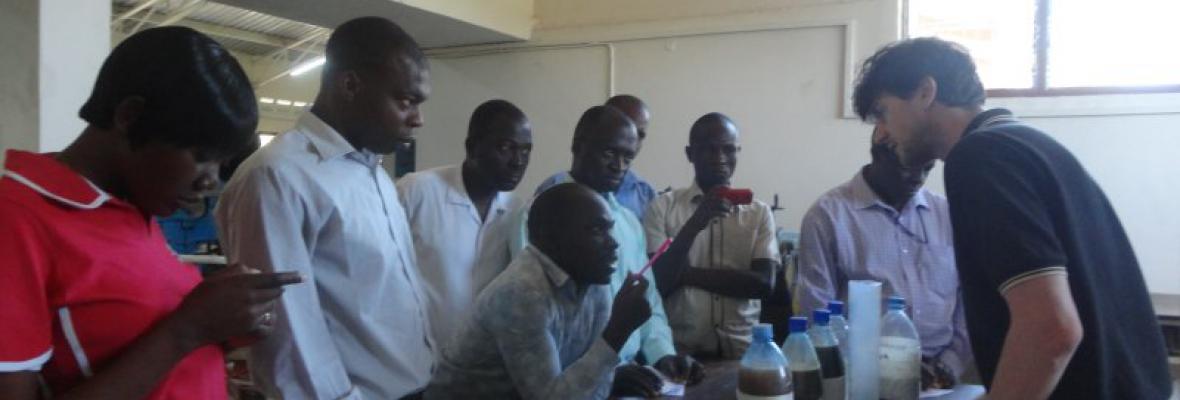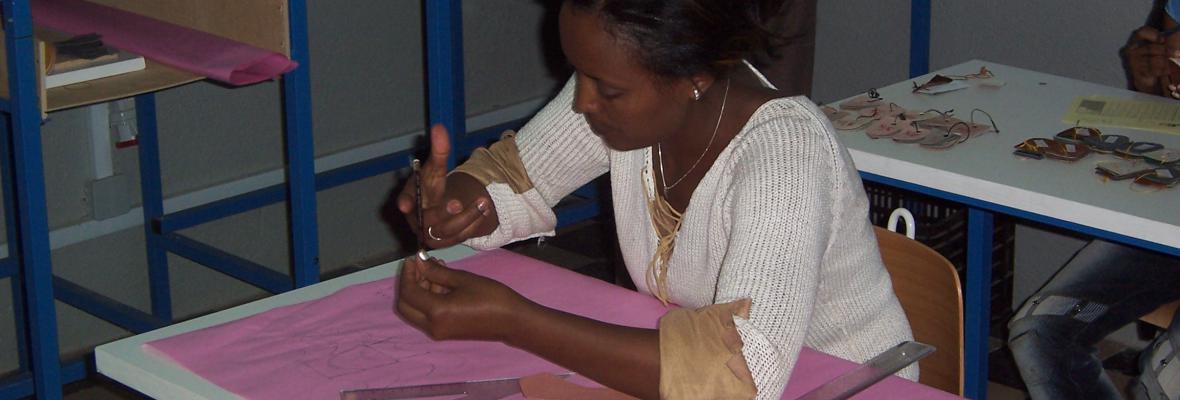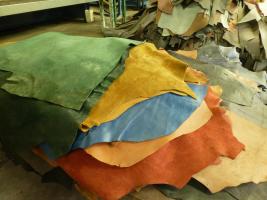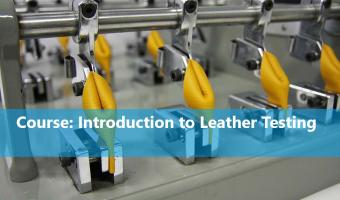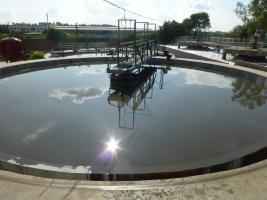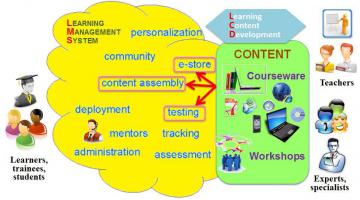You are here
Training
Skills development plays a major role in employment, both in terms of quantity and quality. With the growing pace of technological change, the need for specialized technical skills has become ever more pressing. The skills required to be employed in modern leather and leather products manufacturing are changing, as well as the institutional structure around them. In the past, employability was correlated with improvements in basic education levels. In the emerging competitive setting, there is a greater emphasis on specialized high-level training.
UNIDO has demonstrated its commitment to professional training. The majority of its technical assistance projects include study tours, fellowships and group training activities. Moreover, the majority of UNIDO’s interventions in the leather sector involve establishing, upgrading or assisting institutions and trade associations that provide professional education and/or training.
Employment generation is an important aspect of any industrialization agenda. Both developed and developing countries are calling for policies that promote skills development.
Innovation, fostered in part by a highly trained and skilled work force, is fundamental to sustained economic growth. Documents and papers related to training and learning prepared by UNIDO are available in this section.


